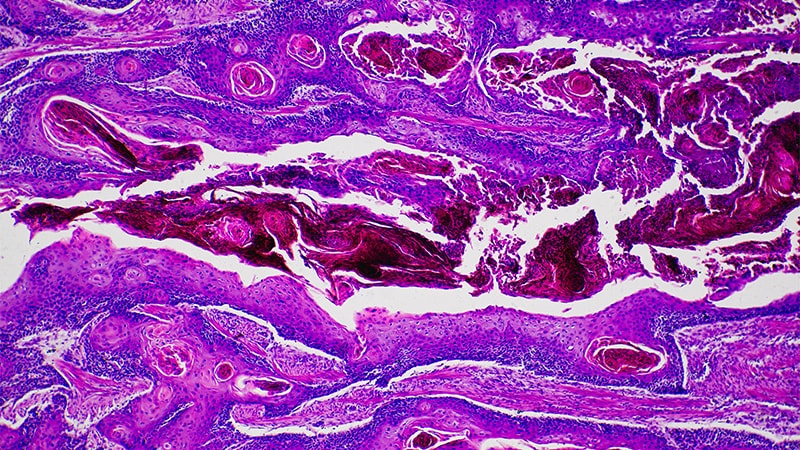Takeaway
- An analysis of several global scientific society clinical practice guidelines (CPGs) for invasive aspergillosis (IA) demonstrates that recommendations are supported by moderate- to low-quality evidence.
Why this matters
- Despite increasing numbers of CPGs, IA diagnosis remains difficult and continues to be associated with high mortality rates.
- Patients should be stratified according to degree of acute respiratory failure and their management individualized as much as possible.
Key results
- 511 recommendations (370 treatment, 141 prevention) included.
- Evidence quality across recommendations: 15.7% (80) high, 43.6% (223) moderate, and 40.7% (208) low.
- 49.1% (117/238) of strong recommendations were supported by level of evidence (LOE) B (i.e., observational or randomized controlled trial [RCT]) vs 24.0% (57) LOE A (multiple RCTs or meta-analysis).
- The European Society of Clinical Microbiology Infectious Diseases/European Confederation of Medical Mycology/European Respiratory Society issued the greatest number of recommendations (182); 58.2% were LOE B and 12.6% LOE A.
Study design
- Prospective analysis of 5 2009-2019 IA clinical guidelines from 3 scientific society groupings to determine evidence level supporting treatment recommendations.
- Funding: CIBERES, Instituto Salud Carlos III, Madrid, Spain.
Limitations
- Analysis focused on IA guidelines recommendations vs all available evidence.
- Grading systems merged for comparability.
- IA diagnosis lacks gold standard.
- Missing CPGs.
- Nonapplicable to children.
References
References


